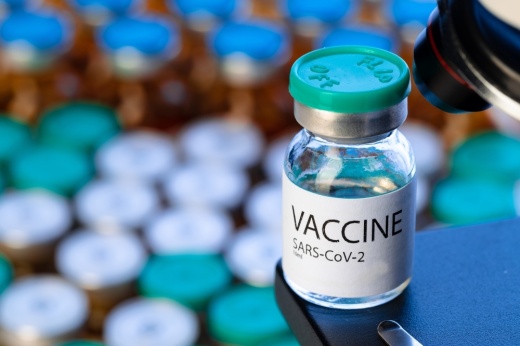Precinct 1 Commissioner Vincent Morales said the court’s strategy should increase the rate countywide by targeting specific pockets.
“The density areas such as Sugar Land, even Richmond, Rosenberg, all those areas, I’m seeing the more urbanized areas are fine,” Morales said. “It’s the rural areas and low- to moderate-income areas that are lacking”
Andy Meyers, Precinct 3 commissioner, raised questions regarding the purpose of the outreach,
“I’m a little bit at a loss; it's not as if people aren’t aware that we have vaccines available,” Meyers said.
In response, County Judge KP George said the county's agreement with Next Wave Strategies should detail how exactly the outreach will be accomplished and effective.
“We have noticed people who don’t have transportation,” George said. “We are looking at, again, economically disadvantaged, and have seen people, they don’t know how to get to a vaccine-available location. And so there are a lot of different issues we don’t really see.”
The outreach would utilize federal funds, according to Precinct 2 Commissioner Grady Prestage.
At the start of the commissioners court, Dr. Jacquelyn Minter, director of Fort Bend County Health and Human Services and the local health authority, gave a synopsis of the county’s COVID-19 data to date. According to Minter, there was an average of 20 new cases each day for the past week, and there are less than 300 active cases countywide as of July 6.
“We continue to provide opportunities for all of those in our community to be vaccinated and remind those who are at the highest risk for complication of the disease to protect themselves if they’re not vaccinated when they’re in public places where vaccination rates may be lower,” Minter said.




